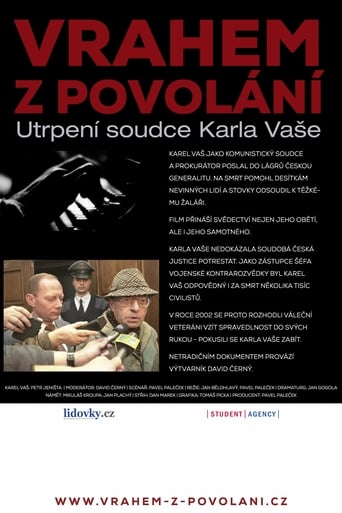
11 Feb 2013

Vrahem z povolání – Utrpení soudce Karla Vaše
No overview found

11 Feb 2013

No overview found

14 Feb 2013

Three family cope with having lost their only child in 2008 deadly Chinese earthquake.

01 Jan 2003

Emmy Awards nominee for "Outstanding Individual Achievement in a Craft: Research: Multi-faceted portrait of the man who succeeded Lenin as the head of the Soviet Union. With a captivating blend of period documents, newly-released information, newsreel and archival footage and interviews with experts, the program examines his rise to power, deconstructs the cult of personality that helped him maintain an iron grip over his vast empire, and analyzes the policies he introduced, including the deadly expansion of the notorious gulags where he banished so many of his countrymen to certain death.
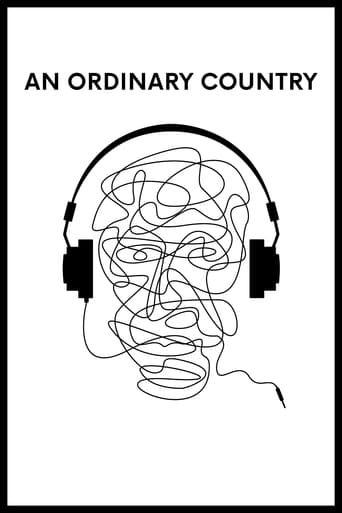
17 Apr 2020

The story of what daily life was like in Poland under communism: private conversations, cruel interrogations, recruitment attempts, recorded and filmed with hidden devices; of how the secret services spied on every activity of ordinary citizens: nothing escaped the brutal system of control developed by the Soviets in the name of freedom.
01 Jan 1990
No overview found
01 Jan 2006
The forest in Bykovnia near Kyiv hides the remains of more than 30,000 NKVD victims, including several thousand Poles. In 2006, a team of Polish archeologists, with the cooperation of the Ukrainian side, conducted exhumation work there, which confirmed that Poles were buried in the cemetery. At the time, two people whose fathers are believed to be buried there also came to the Bykovsky forest. The film tells the story of the history of the place, the local residents' perception of it, and the search for the fathers' graves.
03 Feb 2006
This excellent and breathtaking documentary is the result of a long study on the Gulag to try to understand why more than 60 million Soviet citizens were sent to the camps from 1918 to 1956, how such a massive confinement could take place during two generations. From the Solovki in the north-west to the Kolima in Siberia, from Lenine to Kroutchev, a polar geography is erected into the Gulag system. One does not escape from camps. After ten years of imprisonment, one dies. Some survived, some left traces; they witness: organisation, work and discipline, but also resistance, repression and revolt.
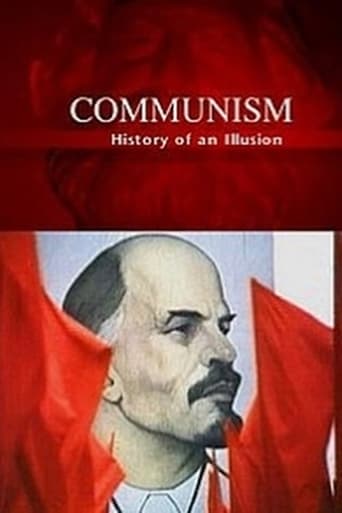

No overview found
02 Dec 2010
The trial of Alfred Plock differed from previous trials in that it did not have an explicitly political background. A group of engineers from the Ministry of Post, Industry, and Standard Electric were charged solely because they wanted to implement a revolutionary technological innovation and turn Prague into the headquarters of a new pan-European telecommunications system. Among other things, they wanted to enhance their country's prestige on the international stage. However, it was precisely this intention that aroused the suspicion of the security authorities and Soviet advisers. They therefore decided to take decisive action.
30 Oct 2015
No overview found
01 Jan 2010
A documentary about the modern controversy between Poland and Russia over Russian prisoners of war from the time when Poland regained its independence, after the First World War.

01 Jan 1968

A woman prisoner is harshly incarcerated and suddenly released.

19 Feb 1998

Young teen girl Xiu Xiu is sent away to a remote corner of the Sichuan steppes for manual labor in 1975 (sending young people to there was a part of Cultural Revolution in China). A year later, she agrees to go to even more remote spot with a Tibetan saddle tramp Lao Jin to learn horse herding.
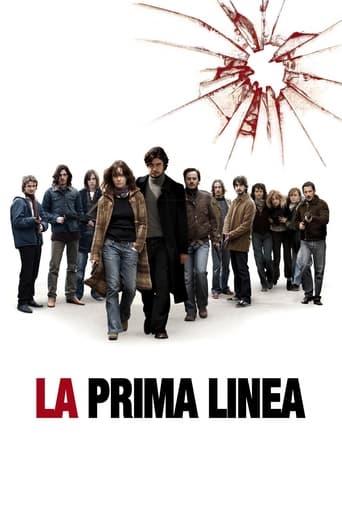
20 Nov 2009

United by an uncompromising struggle as members of the infamous 1970s far-left terrorist group Prima Linea, fugitive couple Sergio and Susanna have become increasingly alienated from the real world. Their luck runs out when Susanna is captured and thrown in jail. Putting his life on the line, Sergio embarks on a radical plan... Loosely based on the memoir by Prima Linea's 'commander' Sergio Segio.
20 Jul 2015
An Interview with Peter Weller

01 Jun 2004

When it first flew, it was considered way ahead of its time in flight control, avionics integration and cockpit features. But today's processors are a hundred times more powerful than those available in the 1970's and yet, the F-16 has been able to adapt to the new technologies as they come on stream. In fact, the F-16 is so successful that it is envisaged being in service until well into the 21st century. This programme features unique footage of F16 flight tests as well as presenting its combat record, especially during the two wars in Iraq. It finishes with a superb display sequence by a Belgian Air Force F-16.
20 Jul 2015
An Interview with John Lithgow
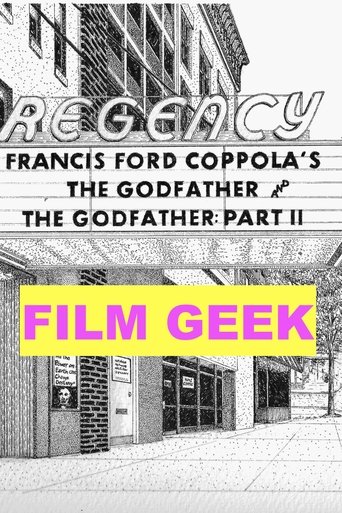
22 Sep 2023

Film Geek is a joyous and emotional look back at a movie obsessed kid growing up in New York City, and his relationship with his mysterious father. Crafted entirely out of film clips from over 2,000 movies, as well as his personal archives, Emmy and DGA-award winning director Richard Shepard mines the material for clues to understand his own DNA.
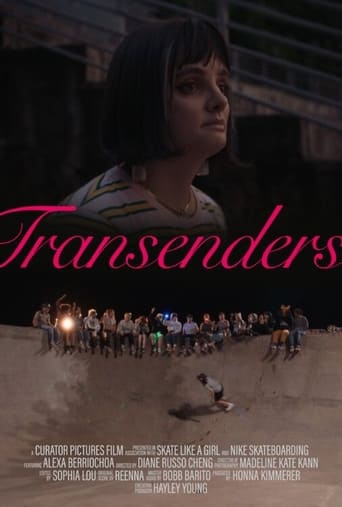
15 Oct 2022

The story of Alexa's journey as a trans woman, navigating the toxic culture that encompasses skateboarding, and what it means to transcend fear through community.

01 Aug 2021

Canal+ takes a look back at Esteban Ocon's victory in the 2021 Hungarian Grand Prix.